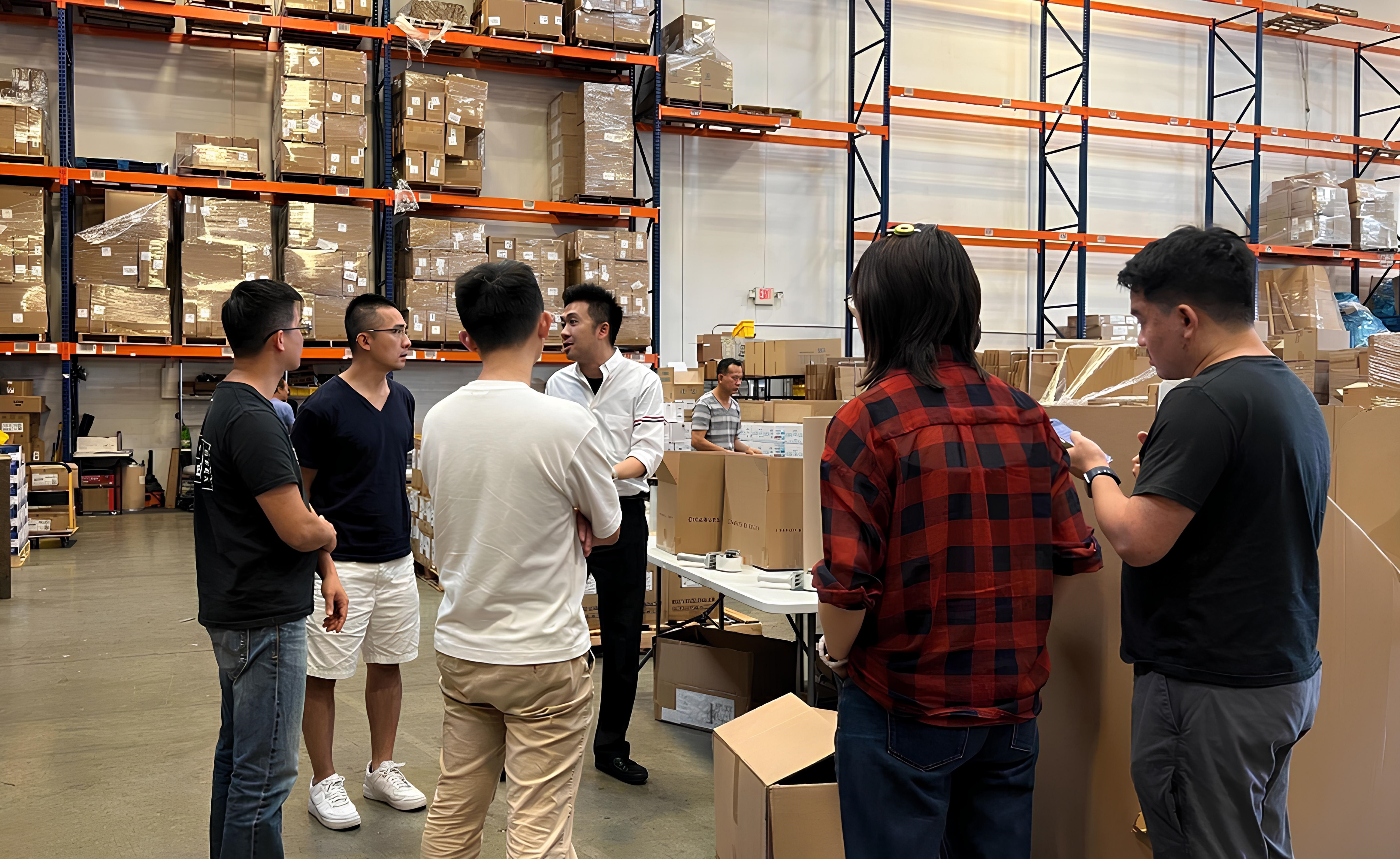What is SSTC?
South-South Cooperation is a broad framework of collaboration among countries of the South in the political, economic, social, cultural, environmental, and technical domains. It is a tool used by the states, international organizations, academics, civil society, and the private sector to share knowledge, skills, resources, and successful initiatives in different areas.
In his 2017 Report on the State of South-South Cooperation to the UN General Assembly, the UN Secretary-General António Guterres mandated the UN Office for South-South Cooperation (UNOSSC) to coordinate, in consultation with the UN agencies, the preparation of the UN system-wide South-South cooperation strategy to “achieve more coherent and coordinated support by the UN system”.
“Collaboration among countries of the Global South offers a unique pathway that accelerates us towards the 2030 Sustainable Development Goals,” said the UN Secretary-General on 12 September 2019, International Day for South-South Cooperation.
South-South and Triangular Cooperation (SSTC) is a collaboration in which traditional donor countries and multilateral organizations facilitate South-South initiatives through the provision of funding, training, management, and technological systems as well as other forms of support.
The SSTC involves three actors: two or more developing countries from the South and one actor from the North. The latter (can also be an international organization) provides the financial resources so that the countries of the South can exchange technical assistance on a specific topic. The division of “North” and “South” is used to refer to the social, economic, and political differences between developed countries (North) and developing countries (South), and does not depend on a geographic location.
Did you know?
- The countries of the South have contributed to more than half of the world’s growth in recent years.
- Intra-south trade is higher than ever, accounting for more than a quarter of all world trade.
- The outflows of foreign direct investment from the South represent a third of the global flows.
- Remittances from migrant workers to low and middle-income countries reached 466 billion USD in 2018, which helped lift millions of families out of poverty.
What we do
We aim is to reduce postal development gaps between the UPU member countries around the world. The SSTC is not just about resource mobilization. It is about the use of a specific methodology that includes:
resource mobilization. It is about the use of a specific methodology that includes:
- “Nothing for me without me”, which has become the voice of the South in the development cooperation (i.e. the solutions should be country-specific, yet aligned with the UN SDGs);
- the use of appropriate technology;
- learning from the best experience of countries in the South;
- aligning development cooperation projects with countries’ national priorities.
The 27th Universal Postal Congress in Abidjan has specifically adopted this methodology to raise resources for beneficiary developing UPU member states. The focus is to support their relative initiatives by applying a “bottom-up” development approach. Therefore, we seek to increase the involvement of Northern countries to find such solutions for the Southern countries within SSTC. We strive to use this methodology in all our development cooperation activities, and our idea is “to do more with less” and so “to be more efficient”.
Our primary objectives are:
- To support national and regional development efforts;
- To strengthen institutional and technical capacities;
- To improve the exchange of experience and know-how among developing countries;
- To respond to the specific challenges of developing countries;
- To increase the impact of international cooperation and UPU’s effectiveness in the region.
Regarding the SSTC, several projects are planned and ongoing:
- Operational Readiness for E-commerce (ORE) project using the SSTC methodology for better effectiveness;
- Training activities at the Asian-Pacific Postal College (APPC) using the best experience of the countries in the South;
- Strengthening the postal sector to fulfil its social obligation (ongoing, through Japan special fund);
- Capacity-building for postal officials in Asian LDCs at the APPC (ongoing, through China special fund).
UPU Regional Strategy Forum For Asia-Pacific 2024, Mongolia, Day 1
UPU Regional Strategy Forum For Asia-Pacific 2024, Mongolia, Day 2
SSTC in the news
.png)
Automation at the core: GN TEQ and Saudi Post enhance e-commerce efficiency in Saudi Arabia
-(1).jpg)
Ukrposhta and AfterShip: enabling Ukrainian online merchants in cross-border e-commerce

New Correos de México CEO targets postal modernization
The Mexican Postal Service has a new leader. Violeta Abreu was appointed General Director of Correos de México by the first woman to serve as president of Mexico, Claudia Sheinbaum, who took office on 1 October. Abreu, herself one of only a few women leading posts, discussed with the UPU her vision for continuing the transformational work of her predecessor, Rocío Bárcena, to modernize the post and to diversify its offerings so that the Mexican Postal Service may become a leader in logistics and e-commerce for the nation and beyond.
Who we are
International Bureau
Weltpoststrasse 4
3015 BERNE
SWITZERLAND
Key documents
-
27.10.2024
-
03.05.2024
-
About SSTC08.06.2022
-
Appeal for SSTC contributions 202202.06.2022Appeal for cash contributions to the UPU special fund for development cooperation activities within the framework of the SSTC
-
Appeal for SSTC contributions 202002.06.2022